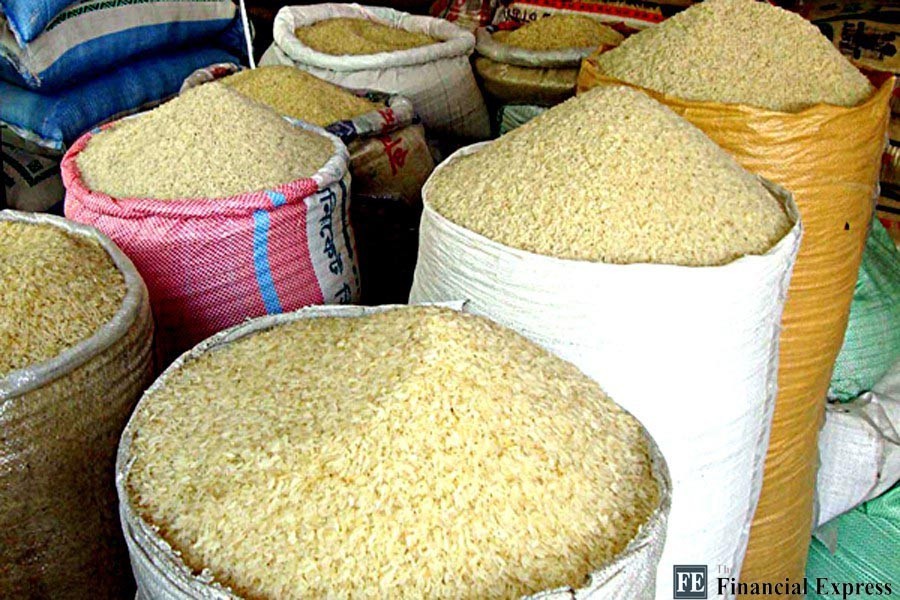
Published :
Updated :

The price of rice, the staple food of Bangladesh, has long been an overriding concern for the general public, as it significantly affects living expenses of a majority of the people due to their limited incomes. Unlike other consumer goods, where consumption can be reduced in response to price hikes, rice is a non-negotiable necessity. As the rice price continues to rise steadily, low-income families are forced to spend a disproportionate share of their income on rice alone, cutting back on fish, meat, and other essential sources of protein. Rice price, therefore, is a particularly sensitive and politically charged issue. Yet the rice market continues to be dominated by a handful of large millers and traders who, through hoarding, artificial shortages, and exploitation of farmers, manipulate the market for windfall profits. This monopolistic market regime, enabled by weak regulation and lack of transparency, puts both consumers and producers at a severe disadvantage.
Since the interim government assumed office, it has undertaken a range of measures to curb inflation, including adoption of a tight monetary policy, waiver on import duties, and increased market surveillance. Those have a reflection on prices of some essential commodities in recent months. But rice remains an exception. The government removed import duties and permitted over 200 private companies to import rice so far. Despite substantial imports, rice prices have remained stubbornly high. A modest decline has only been observed recently, thanks largely to the Boro harvesting season and a bumper yield. However, this relief may be short-lived. The Special Branch (SB) has already warned of potential instability in the rice market once the post-harvest period ends. The market remains highly vulnerable to manipulation by powerful interest groups.
The intelligence report shared with the Ministry of Commerce points to intensifying competition among rice millers and affiliated traders to acquire paddy in bulk, which is an early sign of syndicate-driven stockpiling that has historically led to artificial price surges. Without strict regulation, such practices can distort the market. So, the SB has recommended that the Department of Agricultural Marketing (DAM) take urgent steps to monitor and curb illegal hoarding and market manipulation. It has also advised that the government directly purchase paddy from farmers early in the season, which would not only boost government grain reserves but also ensure fair prices for producers.
Next, boosting the Trading Corporation of Bangladesh's (TCB) open market sales at affordable prices is essential for stabilising the rice market. Symbolic efforts alone are not enough. Long queues of people before TCB trucks speak volumes for the public's desperation in a time of high inflation. The TCB must be empowered with adequate resource, logistics and manpower to carry out regular, large-scale sales of rice to low-income populations in order to have a meaningful impact on the market. At the same time, firm action should be taken against syndicates. The government must not only monitor market activity more closely but also prosecute those involved in illegal stockpiling and price manipulation. Equally important is to ensure that policy decisions are made on accurate and timely data. Verifying actual rice production figures will allow the government to make evidence-based decisions on domestic procurement and import planning. The Ministries of Agriculture and Food can play a proactive role in this regard. With the right policies, strong regulation, and a commitment to ensure a transparent supply chain, the government can streamline the rice market and protect the interests of both farmers and consumers.


 For all latest news, follow The Financial Express Google News channel.
For all latest news, follow The Financial Express Google News channel.